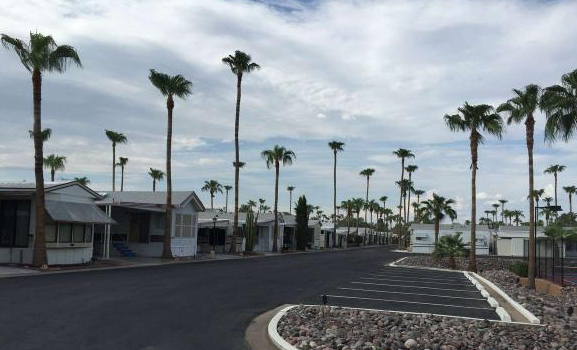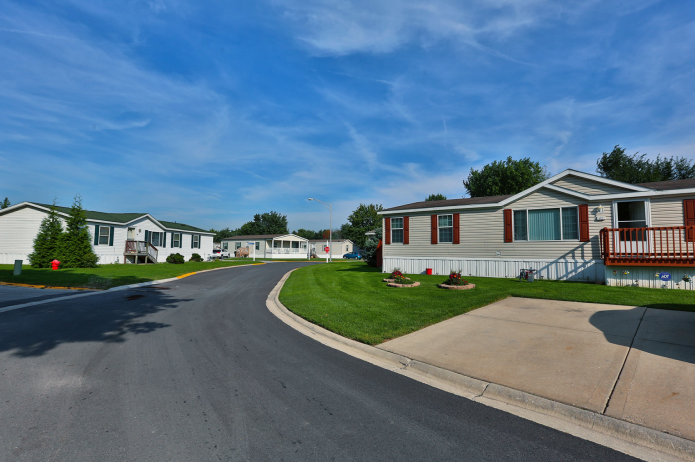
Six Keys to Dynamic Change: Create Success in Manufactured Home Communities
-
Awareness
Employees need to be aware of the need for change. That onus is on us, as managers, to create the awareness need for success in manufactured home communities.
-
Desire
Employees require a desire to support change. In other words, the desire to improve the community, see the results of their actions, earn residents’ appreciation and desire to keep the job. The motivation must come from somewhere.
-
Knowledge
What needs to change and how to go about it? It simple, and comforting, to say change is needed. How you come by the knowledge of what change needs to be made and how it can be done is a much higher standard. Owners and managers are responsible for identifying and implementing change through their knowledge base.
-
Ability
The change must be actionable. Often this comes in the form of a single operating platform on a company-wide basis. Working for clients, our MHCinvestor.com platforms…
- Break down all aspects of on- and off-site management into tasks
- Lays out the most efficient method to complete tasks
- Measures the highest likelihood of success
-
Reinforcement
- The corporate office must support the staff by sending out a monthly calendar and a blast email to all managers the day before a critical business elements, such as…
- Non-payment notices
- Resident inspections
- Twice weekly maintenance to-do list creation
- Court filing
Of course, the manger must follow up and acknowledge receipt of communications, and agree to complete the associated tasks. Follow this with a short briefing on results from the tasks.
For success in manufactured home communities, the corporate office also reaches out to the manager if a task is incomplete. There is a need to reinforce compliance and notify the regional manager when necessary. The regional manager can call and schedule a visit or conversation.
-
Loyalty
The corporate office is responsible for the support of the regional manager’s efforts. This is a response to the support of company policy regional managers provide.
Any manager need to express dedication to uniform application of resident policies, collection policies and the zero-tolerance policy. The on-site manager is expected to support company policy versus arbitrary sympathy toward resident issues or complaints. Of course, empathy is encouraged toward all residents. However, solutions for personal or homeowner problems for a land-lease resident must be summoned by the residents themselves within their own support network.














